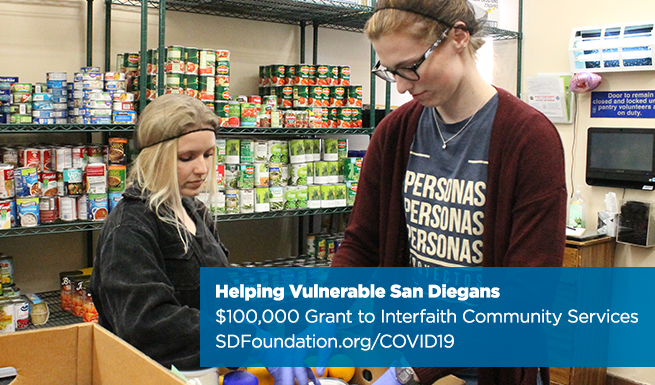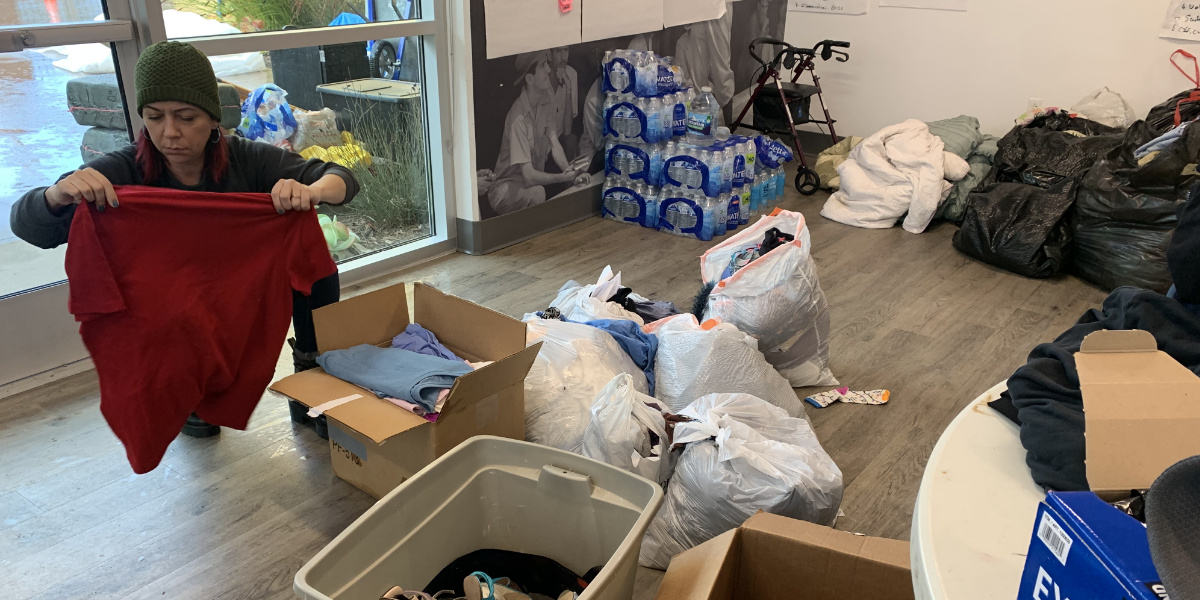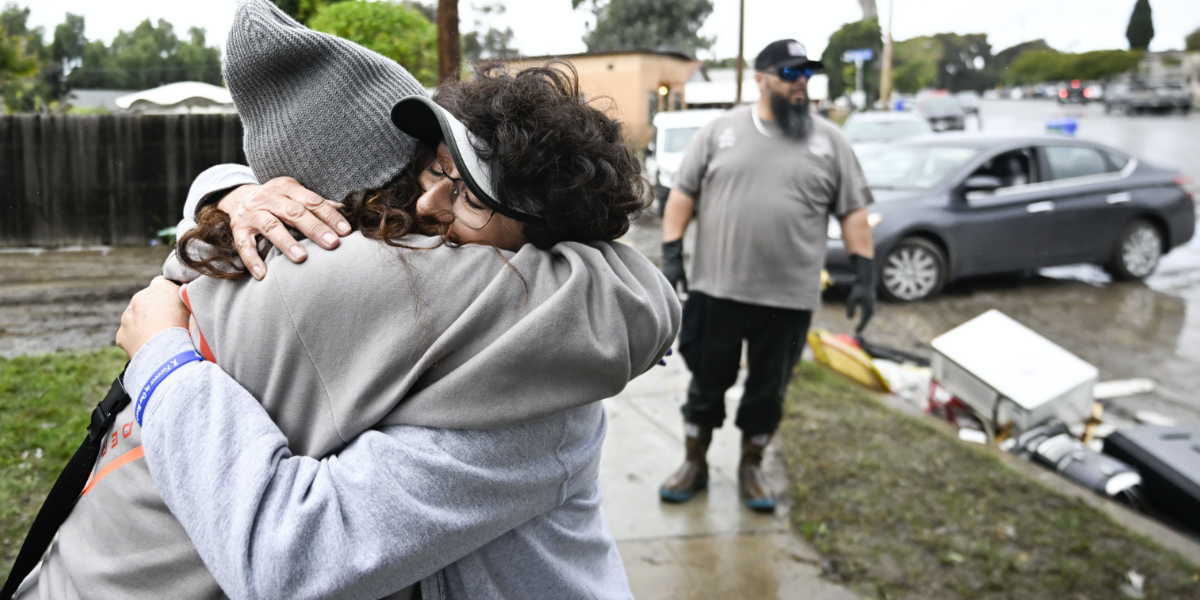Greg Anglea is not at a loss for words when discussing the challenges being faced by the region’s most vulnerable in dealing with the COVID-19 pandemic.
Manny and his family were already struggling with bills and barely affording rent before the COVID-19 crisis. Then, the coronavirus outbreak occurred and Manny was laid off for the first time in his life. That’s when Interfaith Community Services stepped in.
“This crisis is unprecedented in its swiftness, in its severity, in its scope and in its scale,” Anglea, CEO of Interfaith Community Services, shared. “This crisis is hurting the lowest-income neighbors in our community the most, and our lowest-income neighbors are our hardest-working neighbors. These are people who are raising their families while working two or three jobs, and it is absolutely critical for those of us who have the means to help those who were barely getting by even before the pandemic began.”
The San Diego Foundation is among those stepping up, providing a $100,000 grant through the San Diego COVID-19 Community Response Fund that will provide meals, help with rent and utility bills, cover the cost of urgent medical and healthcare expenses, and more.
“This will have a huge impact,” said Fiona King, the Escondido-based nonprofit’s communications and development manager. “Many of those in need had recently lost jobs they had secured with the help of Interfaith Community Services in the hospitality and service industries.”
Thanks to the generosity from individuals, organization and numerous donor-advised funds, The San Diego Foundation has granted $1.7 million to nonprofits through the San Diego COVID-19 Community Response Fund.
On The Front Lines
Interfaith Community Services, which offers more than 50 programs ranging from housing to health care, was a natural fit. Its grant is aiding people such as Manny, who asked that his last name not be used. Manny, his wife and their young daughter were already struggling with bills and barely affording rent for their one-bedroom apartment but were somehow able to make ends meet. When the state’s stay-at-home order was issued, though, Manny – the family’s sole provider – was laid off from his job and found himself without work for the first time in his life.
The family turned to Interfaith Community Services for assistance; they came away with groceries, various hygiene supplies, help applying for unemployment, gratitude beyond words and hope.
Indeed, Interfaith Community Services is on the front line of this crisis, providing essential services and addressing the urgent needs of the most vulnerable in our community. And like all nonprofits serving society’s most vulnerable, Interfaith Community Services is seeing the impacts of the coronavirus pandemic on its operations. Its Escondido pantry, for example, is filling double the amount of emergency food and hygiene packages than normal, and as the economic toll of COVID-19 sets in, it is assisting a growing number of individuals and families who have never accessed or needed its services before. Its 49-bed emergency shelter is now operating 24/7 instead of just at night, its soup kitchen is serving 200 people daily with sack lunches, and case managers are meeting lines of those in need at their cars.
“We’re seeing a lot of people we’ve never seen before who are accessing services they’ve never needed before,” said King, adding that Manny and his family are among them.




